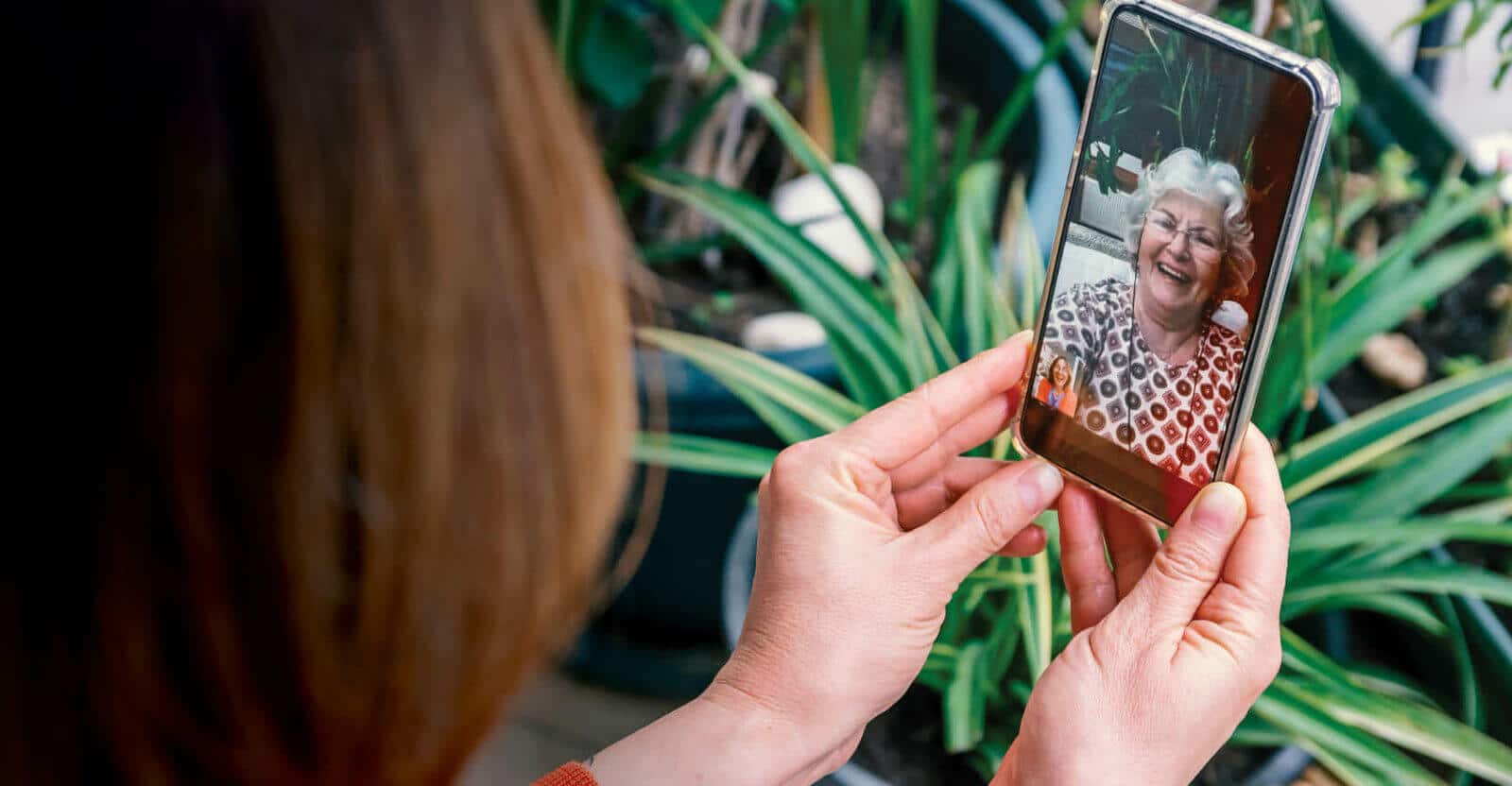Know The Signs Of Dementia
Normal age-related symptoms:
- Being absentminded
- Difficulty with multi-tasking
- Trouble with spontaneous word finding (taking longer to get words out)
- Transience (when the brain forgets some memories over time, possibly making room for new ones)
These and similar instances are most likely due to normal aging. Aging adults may notice the speed with which they process information gradually slows down over time, which causes a delay in recalling names, dates or events that happened in the past. While it may be frustrating to encounter “senior moments” like this, it is generally nothing to worry about.
Dementia-related symptoms:
- Repeatedly misplacing objects or not knowing the name of objects
- Forgetting names and places without recall
- Significant difference in personality
- Becoming disoriented or lost in familiar surroundings
Often times, it is hard for people experiencing memory issues to recognize these instances, while those around them are understandably concerned. This can be an important distinction, as an older adult experiencing normal forgetfulness usually recognizes their own lack of recall. Most memory issues develop gradually, worsening over time, so if a sudden change in memory loss occurs, it could be related to another medical condition which may need immediate attention.
Experts generally recommend that when memory loss prevents someone from performing daily tasks and accustomed roles in life, they should consult a physician for further evaluation. Since dementia is a clinical diagnosis, a clinician needs to merge all of the information from the patient examination, family history, lab results and brain scans in order to make a diagnosis.
You can watch for the following signs, which could be indicators of dementia:
- An overall disheveled appearance
- Disregard for personal cleanliness
- Incontinence
- Difficulty with food preparation
- Changes in appetite and food preferences
- Alcohol abuse
- Loss of reasoning and judgment skills
- Problems with managing finances
- Stacks of mail and unpaid bills
- Pets being neglected or overfed/underfed
- Lack of interest in friends or activities
- Forgetfulness or loss of short-term memory
- Differences in sleep habits
- Depression
- Inability to safely manage medications
- Wandering
If your loved one is showing several of the above signs, you should consider seeking help from medical professionals. The Crossings at Riverchase offers quality dementia care within a close-knit community – and always focused on your loved one’s health, safety and well-being.

